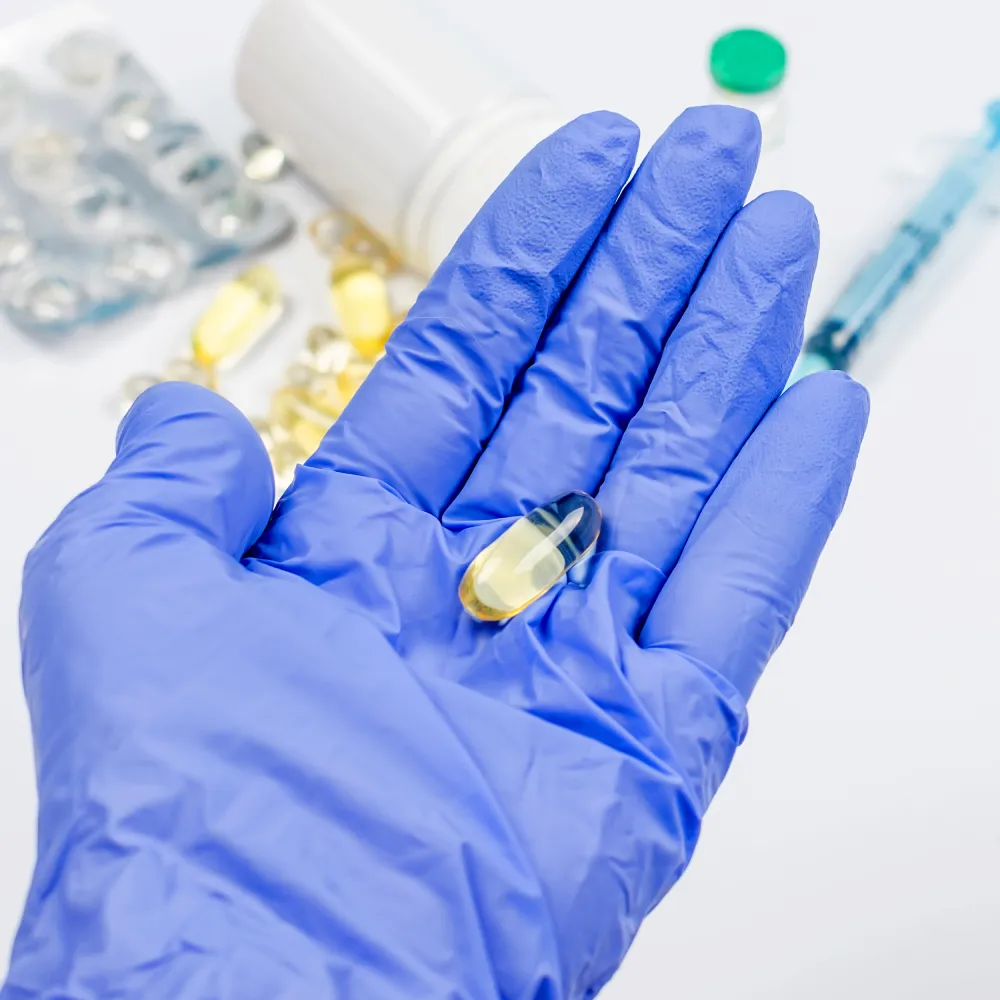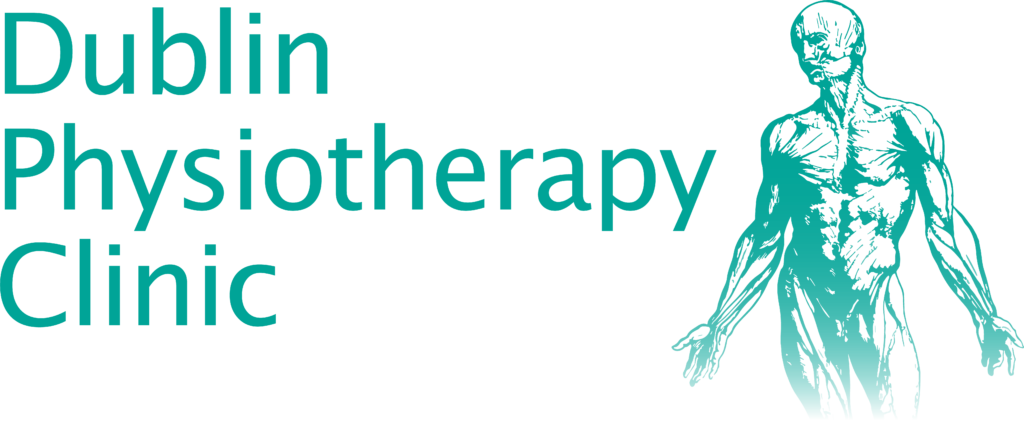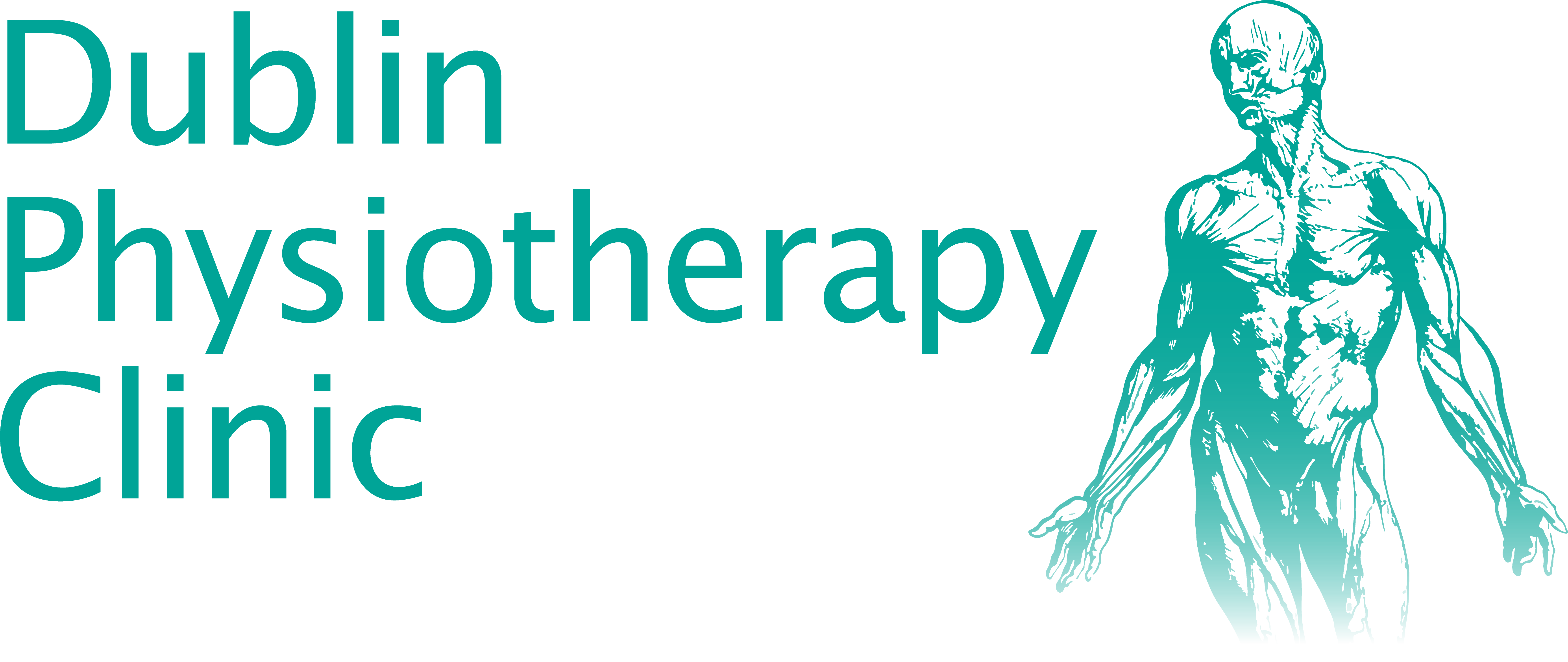CHRONIC PAIN
Chronic pain is an unfortunate fact of life for many people. There are a huge variety of chronic pain causes from arthritis, trauma, surgery, medical conditions, stroke and inflammatory diseases.
Despite major improvements in pain management, some people develop a chronic pain state where they experience symptoms which are unlikely to be cured. In these cases the clinical management is to:
- Control pain as effectively as possible
- Maintain physical activity (within limits)
- Encourage routine daily function.

This is to prevent progressive deterioration and avoid the complications of inactivity. This can sound confusing because it is natural to assume that if we have pain then doing activity and moving will make it worse. Frequently chronic pain does not behave like this and therefore should not be a reason not to do anything.
Whilst relative rest may be necessary in the acute (recent injury) situation, in the chronic scenario these rules do not apply. Frequently, pain is present anyway regardless of activity and if it has been established that the pain isn’t going to go away (usually as a result of a number of failed treatments) then the philosophy of care needs to be to make the best of a bad situation
This is easy for someone not in pain to suggest but it is an entirely different proposition for patient’s. Breaking the link between fear of movement, expectation of pain and continuing with activities of daily living often requires behavioural modification therapy.
Chronic pain not easy to come to terms with and clinicians who are involved in dealing with chronic pain need to have experience in how to manage these situations to communicate effectively with the patient and to provide credible advice and guidance, to act as a motivator to improve function within limits and to recognise boundaries /limitations .
This is easy for someone not in pain to suggest but it is an entirely different proposition for patient’s. Breaking the link between fear of movement, expectation of pain and continuing with activities of daily living often requires behavioural modification therapy.
Chronic pain not easy to come to terms with and clinicians who are involved in dealing with chronic pain need to have experience in how to manage these situations to communicate effectively with the patient and to provide credible advice and guidance, to act as a motivator to improve function within limits and to recognise boundaries /limitations .

Management of chronic pain sometimes palliative treatments e.g. stretching, mobilising, joint manipulation help to give temporary comfort and whilst it’s not a solution they can help to bring the symptom levels below a threshold which allows return to baseline function more speedily.

Determining the best regime for an individual needs to be done on a case-by-case basis often worked out over a period of time. The objective here is to provide as much self-directed care as possible with periodic physiotherapy interventions kept to a minimum but sufficient to keep the overall symptom pattern stable.
There is usually no advantage in having lots of treatment in a chronic situation particularly if the expectation is that this will produce a cure. These issues must be recognised and discussed by all clinicians involved in care.
JOIN OUR MAILING LIST
EMAIL:


